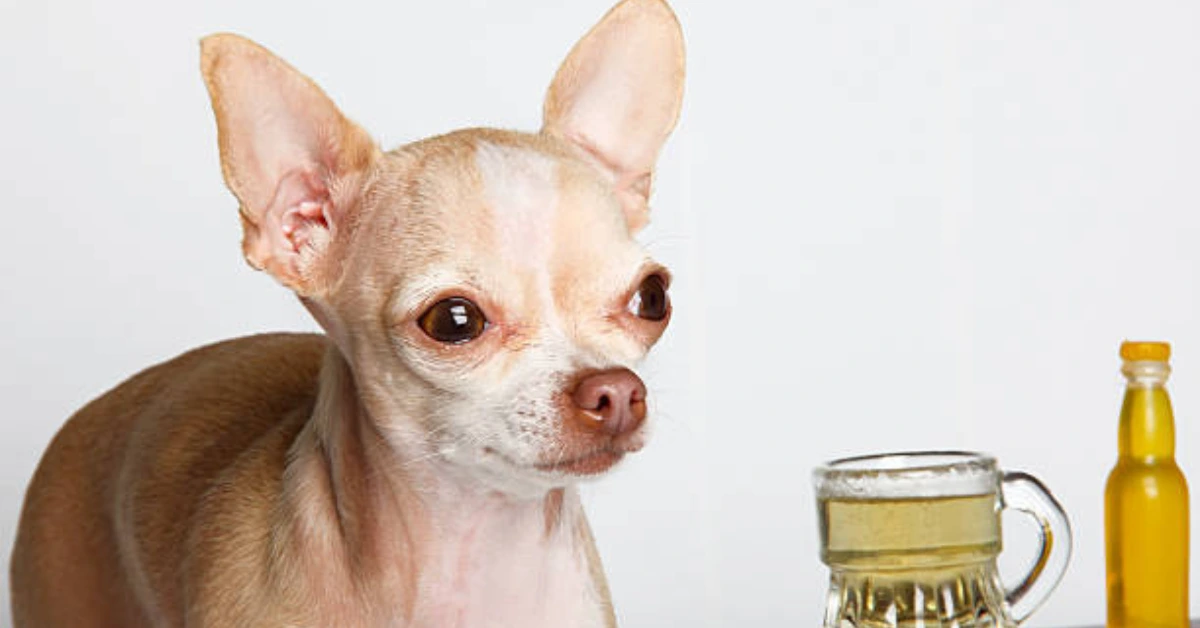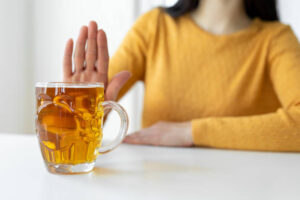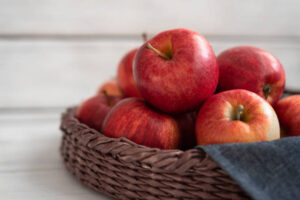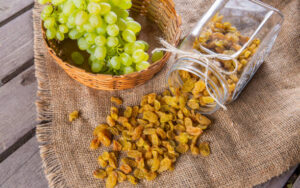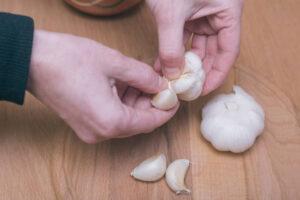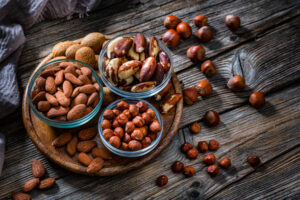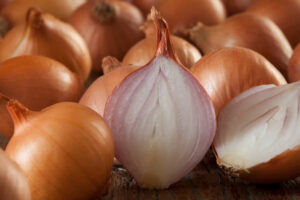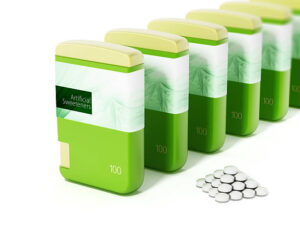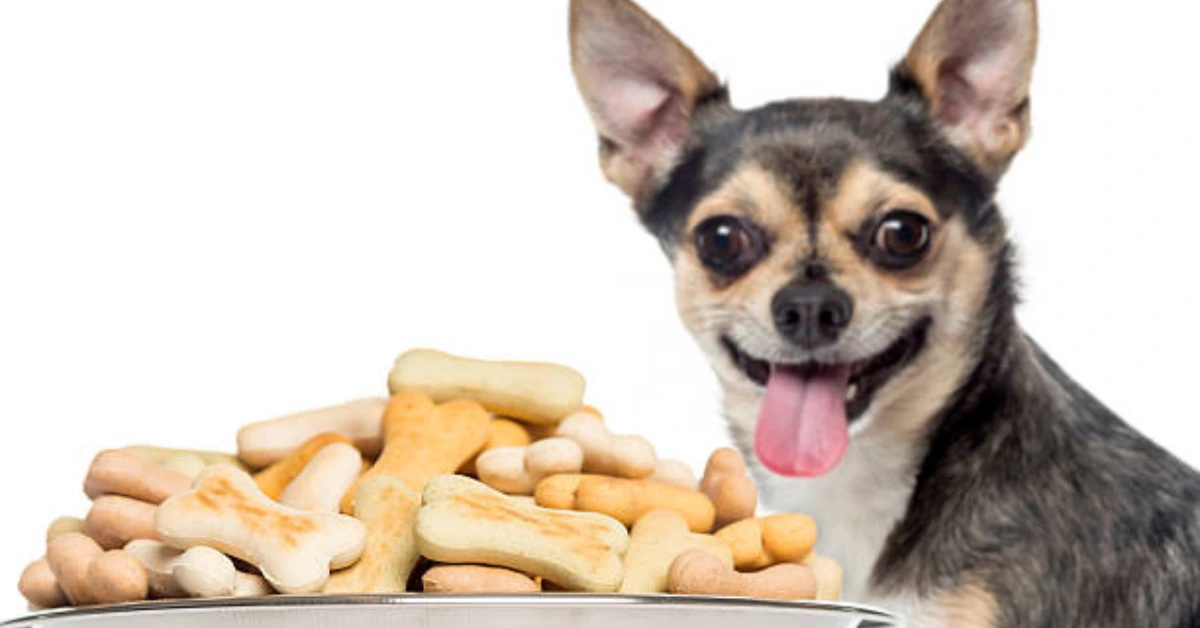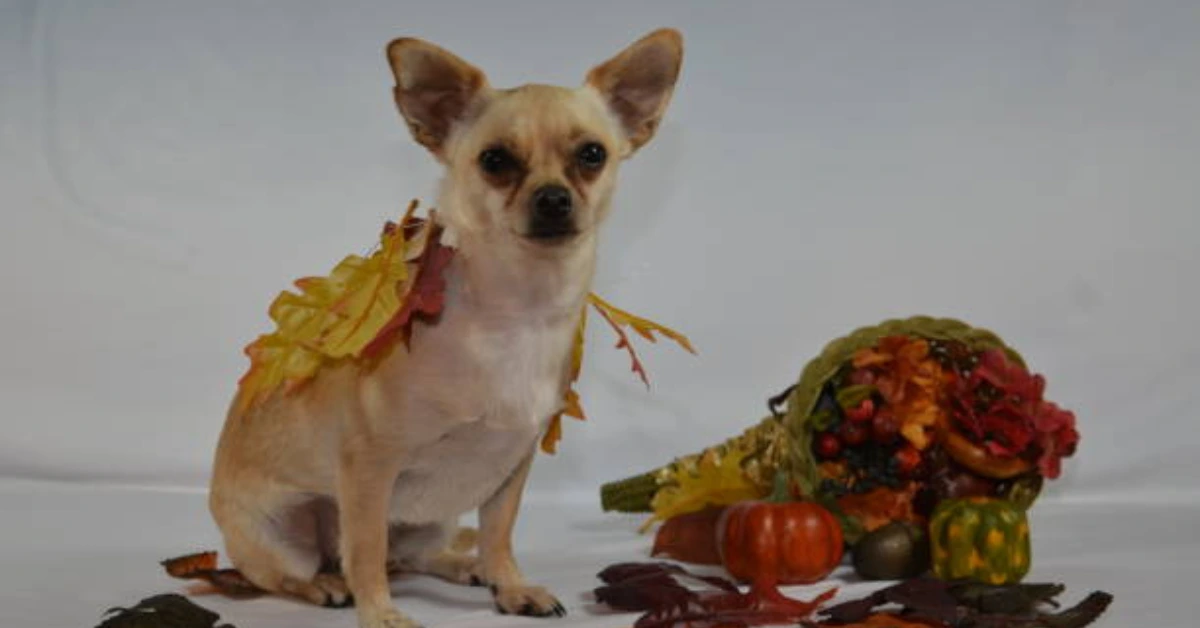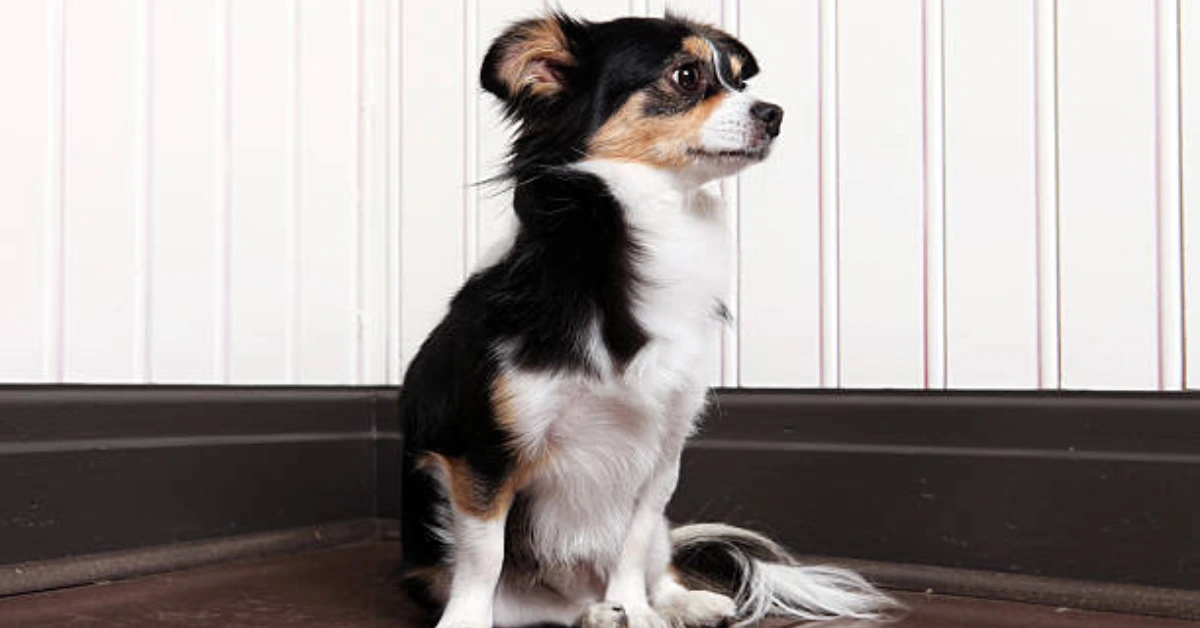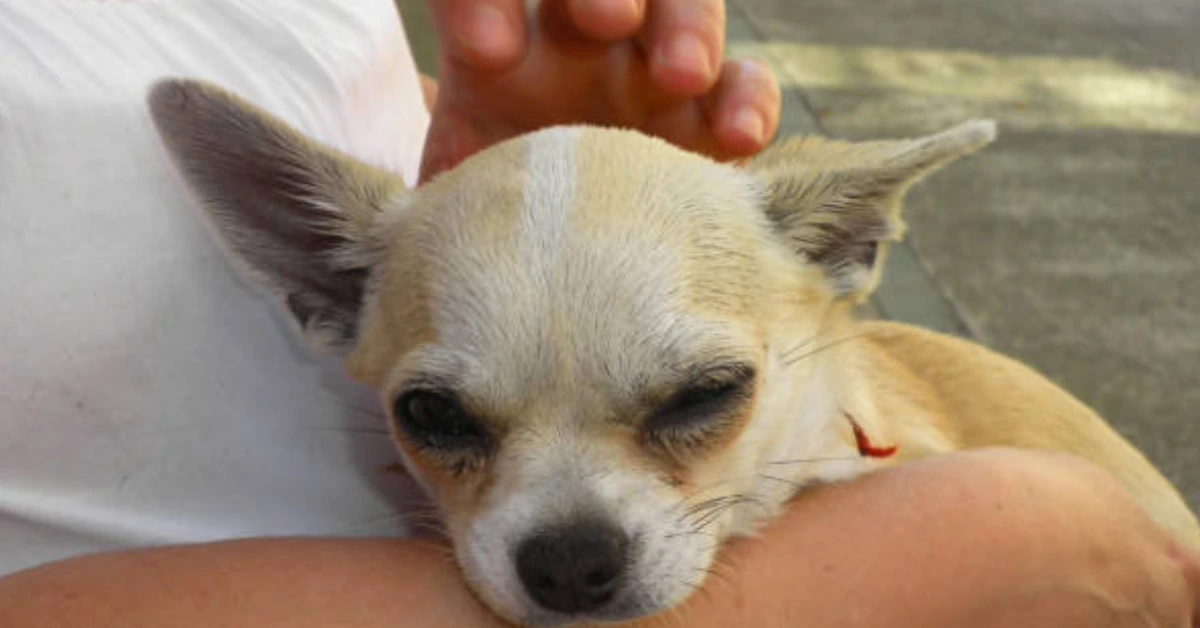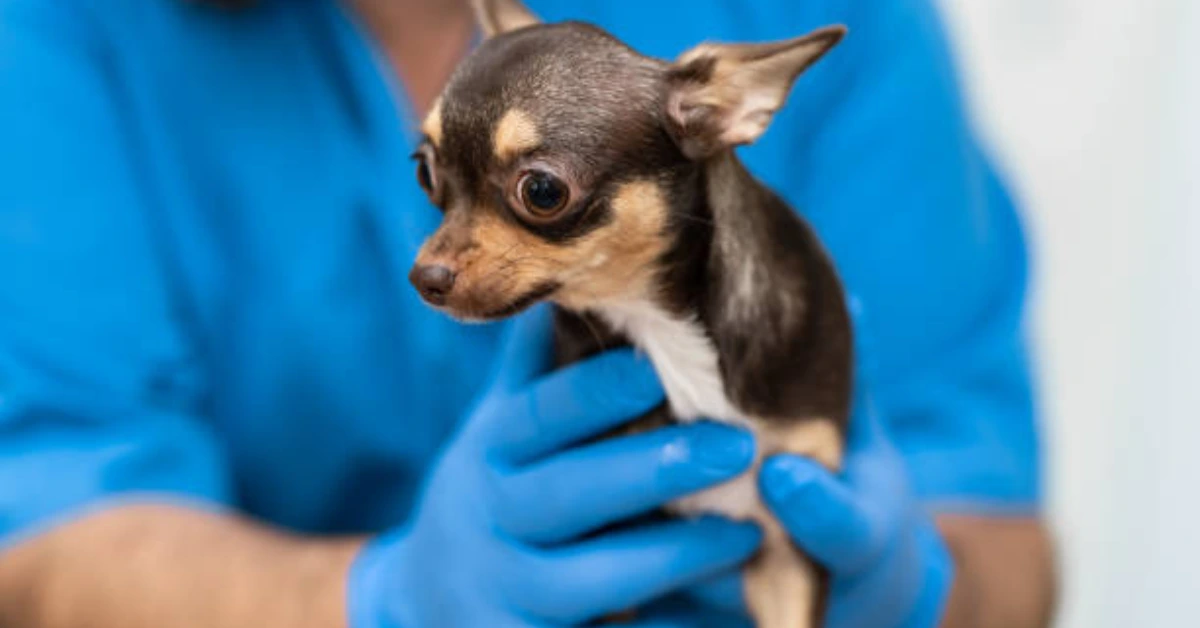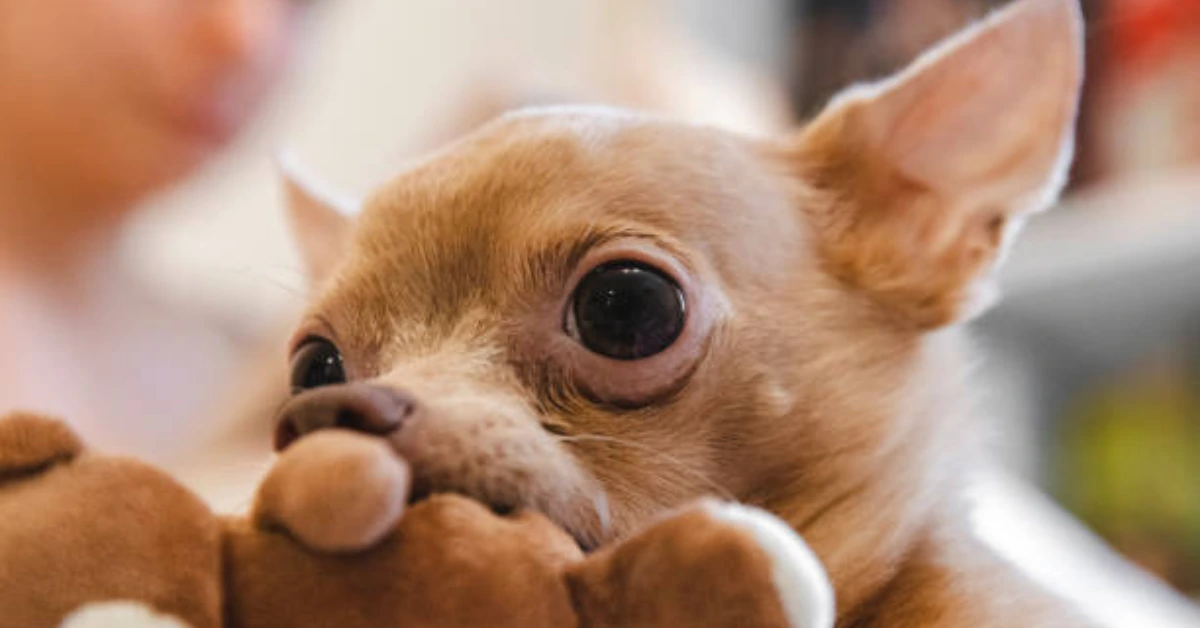Certain foods are toxic to Chihuahuas (and pretty much all dogs); however, because they are little canines, some of these foods are more hazardous to Chihuahuas than to other breeds. Furthermore, some foods, even if they are not considered harmful, might upset the stomach if consumed.
When poisonous foods are consumed, the symptoms might vary from rapid blood sugar decline to kidney failure and even death, as well as gastrointestinal problems such as vomiting and diarrhea.
It’s crucial to remember that although these toxic meals are undoubtedly harmful in and of themselves, other dishes such as pizza, stew, or soup may contain any one of these as an ingredient. Because of this, whenever you’re considering giving your Chihuahua something new, make sure you know exactly what goes into it.
Advertisement
Foods on This List Can Cause Toxins in Chihuahuas
1. Chocolate
Theobromine is the ingredient in chocolate that causes toxicity in dogs. Canines have trouble breaking down theobromine, which leads to hazardous accumulation.
- A mild to moderate case of chocolate poisoning may include vomiting, upset stomach, hypertension, hyperactivity, and/or restlessness.
- Aside from these symptoms, moderate to severe chocolate poisoning can also result in hyperthermia, irregular heartbeat, and muscle tremors.
- Seizures, collapse, and even death are other consequences of severe chocolate poisoning.
Chocolate has the potential to kill kidney, lung, and heart damage. Depending on the type and quantity consumed, chocolate can be toxic to Chihuahuas in different amounts.
As an illustration:
When a 4-pound Chihuahua eats 1 ounce of milk chocolate, the poisoning is deemed mild to moderate, but 2 ounces is considered serious.
Even one ounce of dark chocolate consumed by a Chihuahua weighing seven pounds or less is deemed serious and potentially fatal.
2. Caffeine/Tea
This includes, but is not restricted to: tea, soda, energy drinks, coffee, tea, and diet pills. Caffeine consumption can result in hyperactivity, restlessness, vomiting, fast heartbeat, elevated blood pressure, irregular heart rhythms, and hyperthermia. It may result in death, collapse, or a coma.
Chihuahuas can die from varying amounts of caffeine depending on what kind of food or drink they consume. It is rare for a few laps of brewed coffee to cause clinical symptoms. Small quantities of caffeine can make dogs unwell, but the threshold for death is 70 mg for every pound of body weight.
To put things in perspective, one cup of coffee contains 95 mg of caffeine, while one teaspoon of instant coffee contains 32 mg.
3. Alcohol
Dogs cannot handle alcohol of any kind since it poisons them and depresses their central nervous systems, which can be fatal in some situations.
Reduced coordination, vomiting, diarrhea, behavioral abnormalities (lethargy, slower reflexes, hyperactivity), respiratory difficulties, and/or tremors are all indicators of alcohol poisoning in dogs. It can cause a heart attack, a coma, or even death if left untreated.
A Chihuahua’s toxicity level from alcohol varies according to what they consume; beer has the lowest percentage at roughly 4%, followed by malt liquor at 7%, wine at 12%, fortified wine like sherry at 17%, brandy or cognac at 40%, and hard liquor at 40%.
4. Apple
Fermentation can be broadly classified into two categories: lactic acid fermentation, which produces dairy and vegetable products, and alcohol fermentation, which produces wine and beer. Rotten apples are poisonous to dogs because they ferment alcohol, which is particularly harmful to little dogs like Chihuahuas.
It’s harmful to feed fermenting apples to pets, as some sources genuinely advocate. Though the threshold for toxicity varies among dogs, a single Chihuahua may be harmful due to their small stature. Studies on veterinary toxicology have demonstrated that ethanol toxicosis is the cause of death in dogs that consume rotten apples.
5. Breed Dough
Any uncooked bread dough that contains yeast is poisonous. Alcohol poisoning is the result of the yeast fermenting. Abdominal distention, disorientation, diarrhea, vomiting, fatigue, impaired coordination, dyspnea, and/or trembling are among the warning signs. It may result in a coma, seizures, or even death.
6. Grapes, Raisins, And
There is a lengthy list of poisonous foods that are all members of the present family. This comprises:
Raisins
raisin
Jostaberries
Gooseberries
Dark currants
Red grapes
White grapes
For dogs, these foods are extremely poisonous and frequently fatal. It’s noteworthy to note that the precise reason why this meal is lethal to dogs is still unclear, even though it is incredibly toxic.
There is a theory that suggests it could be caused by a salicylate or mycotoxin that the fruit produces.
Kidney failure can be fatal in dogs that consume grapes, raisins, or current-type fruit. Early symptoms can appear anywhere from 30 minutes to several hours after consumption, although renal failure usually takes one to three days to manifest.
Vomiting, diarrhea, abdominal pain, and/or tremors or convulsions are symptoms of poisoning. If left untreated, or if therapy is ineffective, it may eventually result in renal failure, a coma, and eventually death.
Raisins are the deadliest of all these hazardous foods. It’s estimated that 07 oz of raisins are hazardous to Chihuahuas for every pound of body weight. This implies that 35 oz., or less than 1/16 of a cup, can be fatal for a 5-pound Chihuahua.
It is calculated that the hazardous amount of grapes is.18 oz per 1 lb of body weight. This indicates that 9 oz of grapes can be fatal for a 5-pound Chihuahua. An average grape weighs around.2 ounces. Consequently, consuming one grape for every pound of body weight is exceedingly risky, if not fatal.
7. Garlic
While some sources describe this as highly dangerous, others praise it as an excellent canine medication. Garlic contains thiosulphate, which is hazardous in sufficient amounts. Many veterinarians appear to agree that eating whole pieces of garlic can result in gastroenteritis and that consuming tiny amounts over time can result in hemolytic anemia.
Toxic amounts are defined as five grams for every kilogram (2.2 pounds) of body weight. In general, a tiny pinch of garlic powder is safe and won’t be poisonous.
8. Nuts
Almonds, hickory nuts, pecans, and pistachios are not harmful, but they can upset your dog’s stomach.
A walnut poisoning may result in seizures or other neurological problems.
Although they are not usually fatal, macadamia nuts are regarded as poisonous. Additionally, research to date indicates that only dogs are intolerant to macadamia nuts; no other animal exhibits this trait. If consumed, this may result in depression, lack of coordination in the muscles, vomiting, lethargy, and/or overheating.
For a dog to become unwell, 2.4 grams of macadamia nuts are required per kilogram (2.2 pounds) of body weight.
9. Onions
Like garlic, onions contain a component called thiosulphate that is harmful to dogs. Heinz Body Anemia, or hemolytic anemia, is a toxic condition that can result from consuming onion pieces. It destroys red blood cells. Pale gums, stained urine (usually red or brown), a fast heartbeat, quick breathing, sluggishness, decreased appetite, and/or sadness are among the warning signs.
Dogs can only ingest 15 to 30 grams of onions per kilogram (2.2 lbs.) of body weight.
10. Xylitol Sweetener
Canines are poisoned by this sugar alternative. It can be found in a wide variety of foods, such as baked products, hard candies, breath mints, and sugar-free gum. If you are considering giving your Chihuahua something, or if your dog has gotten into something he shouldn’t have, always read the labels to find out if a food includes Xylitol.
If consumed, this may result in hypoglycemia, a sharp drop in blood sugar that, if severe and untreated, may cause death. Liver failure may result from exceedingly high dosages.
Hypoglycemia manifests as weakness, drowsiness, disorientation, and impaired coordination. It can cause a coma or possibly death if left untreated.
This is thought to be 50 mg poisonous per pound of body weight, which is even more toxic to dogs than chocolate.
How To React If Your Chihuahua Eats Something Toxic
It’s better to be safe than sorry, so follow these steps whether you know for sure that your Chihuahua ate something poisonous or just think he might have.
1. Call your vet or the Pet Poison Helpline right away at 800-213-6680.
2. Do what they tell you. Sometimes, you’ll be told to make yourself throw up, but sometimes, this can make things worse.
3. If you’re told to make the dog puke to get rid of the poison, hydrogen peroxide is the best thing to use. Because of this, make sure your Chihuahua’s first aid kit includes both hydrogen peroxide and a liquid medication syringe. As an example, for a 5-pound Chihuahua, 1/2 teaspoon is the right amount. This is given to the dog every 15 to 20 minutes until it throws up.
4. You will probably be told to get your puppy or dog to the vet as soon as possible, and the right time can mean the difference between life and death, so get there safely as soon as you can.
YOU MAY ALSO LIKE:
Advertisement

